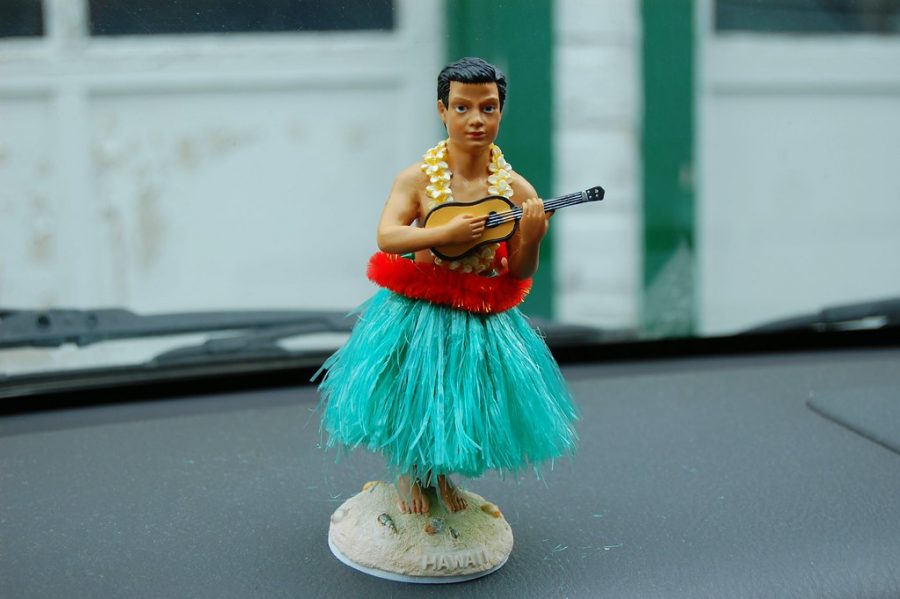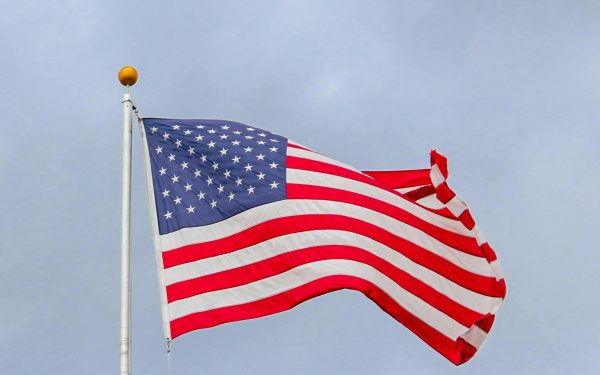Someone else’s culture is not your costume
June 4, 2021
Culture appropriation is when one or a group of people exploit another culture for personal gain or simply because they are ignorant of the culture. This could include wearing hairstyles that are a part of another culture, reinforcing negative stereotypes, and taking credit for one’s culture. You also see cultural appropriation in the media and you may not even notice it. For example, the Kardashians and Jenners. You’ll often see them wearing braids which are a part of African American culture. Culture appropriation is not something to be taken lightly due to the fact that culture is what helped many groups through harder times.
This is also something we see in school festivities almost every year. For example, Tropical Day. It’s a day where you often see people wearing plastic Leis, grass skirts, and “Hawaiian” shirts. In Hawaii, a Lei is a symbol of love, friendship, celebration, honor, or greeting. Lei making is a very significant process and for people who are not Hawaiin to go out and buy plastic leis actively disrespects the time and effort that goes into making a lei. When you go to a store and see a Lei they might often only come in flower form. Yet in Hawaiin culture, Lei’s can be made from leaves, seashells, nuts, and feathers.
Now, let’s talk about the misuse and miseducation of grass skirts. The ones you might see in stores are made from fake plastic grass. While hula skirts in Hawaii are made from Ti Leaves. Ti Leaves are from a plant that is often found in semi-shaded areas in wet valleys. To make a Hawaiian Ti leaf skirt, take 50 Ti leaves and individually tie each of them onto a string.
Hawaiin culture is often overlooked because of the constant colonization of their practices and rituals. When you don’t experience what a certain group experiences it’s important not to take their culture along with you without educating yourself on it first. If you’re not Hawaiian, respect and appreciate their culture, don’t appropriate it.









Mrs. Thomas • Jun 8, 2021 at 8:14 am
Caitlin,
This was very well written, and it was eye-opening as well. I never considered tropical day as culture appropriation. However, after reading your article, I realized that you are absolutely right. We really need to rethink some of our actions. Just because it’s something that has always been done, doesn’t mean that it’s acceptable to continue to do.
Thank you again, for the a-ha moment. 🙂
Caitlin Alexander • Jun 8, 2021 at 10:23 am
I’m so glad you were able to get something from the article, Mrs.Thomas!
Leonard • Jun 4, 2021 at 2:30 pm
I think that this article is spot on. It is so so easy to disrespect a culture without intention of doing so that’s why it does not hurt to learn about one another so that we can learn how and when celebrate with that culture or community .
Awesome job Caitlin. We are so proud of you! Continue to express and learn! You are awesome we love you ❤️ Papa & Nana
Caitlin Alexander • Jun 8, 2021 at 10:23 am
Thank you so much!!
Christine • Jun 16, 2023 at 7:26 am
As a teacher in a large, ethnically & culturally diverse, I am grateful for this article. We have majority Black and Brown students & we have a small population of Pacific Island students. Recently, a few of our Pacific Island students reached out to me to express their distress about a school club throwing a “Hawaii party.” They described the cultural & spiritual significance of the lei and the larger racist, white-european centered perspective of a Hawaiian themed party. I immediately thanked the students for educating me. I went on to notify the organizers of the party (2 white women) and also conveyed how the students requested the party become appropriate. It wasn’t rocket science. All the party organizers needed to do was removed the box of plastic, dollar store leis, get rid of the cut out of a bikini clad girl dancing, and pick up the flyers/papers that had “Hawaiian themed words. I also spoke to the club president who is a student (and also white, but wasn’t a part of deciding on the theme). Immediately, this student recognized cultural appropriation & she, too, was thankful that the Pacific Island students had made this known. She went to action right away & also said she’d talk to the party organizers. Ok, so I expected, since the 2 party organizers were “educators,” that these signs of cultural appropriation & racism would be swiftly removed without a second thought. I was dead wrong. Not only did the organizers themselves adorn themselves with the leis, they did nothing to educate the student party goers about what they’d learned about Pacific Island culture. On top of that, the couple Pacific Island students were questioned about their “problem” with the party; and they were questioned about their attendance at the party. I was appalled to learn later that they were asked not to attend and, not wanting it to go further, the students left. I was heartbroken for the students & disgusted by the behavior of women who are supposed to be educators & life long learners as well. I was angry & annoyed because I am not paid to comfort & wipe the tears of wounded & offended white woman. I am paid to serve our children & families & not adults who don’t recognize cultural appropriation & racism when it’s right in their face. On top of all this Idiocracy, the women proudly displayed photos of themselves adorned in the leis. I can’t get over their insensitivity, their ignorance & their apparent drive to figuratively slap our Pacific Island students & families in the face with their racist behavior. I have already reached out to our ENL teachers, as well as other school staff that are strong student advocates. What actions, in your opinion, also need to be taken? This is absolutely a big deal. Thank you!